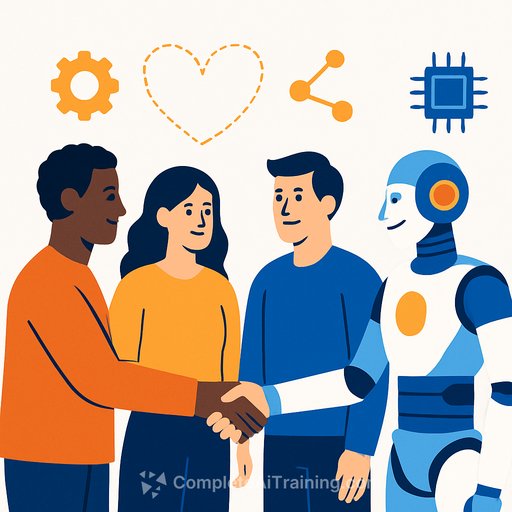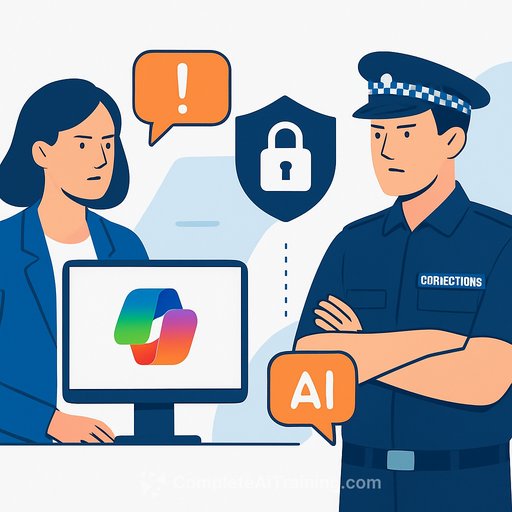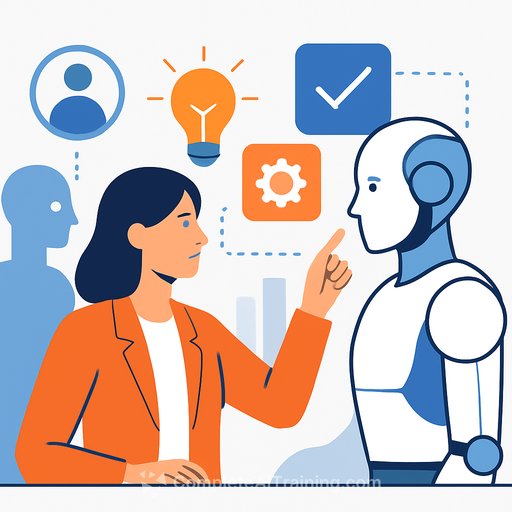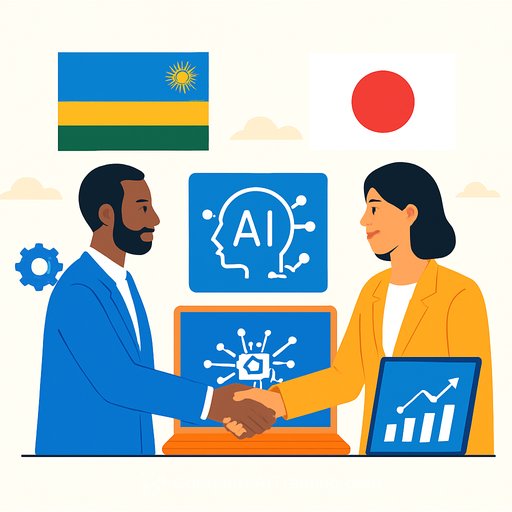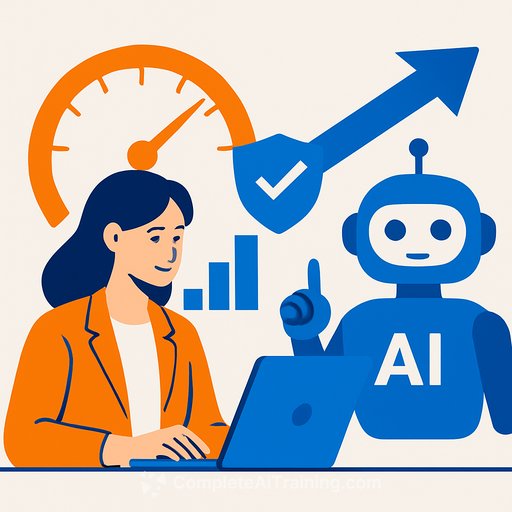The Importance of the Human Touch in an AI-Driven HR Environment
Artificial intelligence is transforming HR by streamlining recruitment, onboarding, and employee engagement through data-driven solutions. Yet, as AI tools become more common, HR professionals must critically assess how automation shapes their work and what might be lost without the human element.
AI can quickly sift through thousands of applications, respond to employee questions via chatbots, and analyze performance data to spot trends. These capabilities save time, reduce costs, and speed up decisions. However, complex situations involving emotions or interpersonal dynamics still demand human judgment and empathy.
Why Human Insight Still Matters
When managing grievances, mental health issues, or team conflicts, emotional intelligence is what makes the difference. No algorithm can build trust or read between the lines the way an experienced HR professional can. The human aspect must remain central, especially during sensitive conversations.
Unconscious Bias in AI Recruitment
AI tools in recruitment aren’t free from bias. They often reflect the prejudices embedded in their training data or creators. This means unconscious bias can persist, but it becomes harder to detect or challenge. For example, there have been cases where slight changes on a candidate’s application—like altering a birthdate—affected interview chances, highlighting AI’s limitations in fairness.
Using AI to Support, Not Replace
AI also plays a role in tracking employee performance, identifying signs of burnout, and recommending development paths. Digital onboarding platforms ensure consistent training and instant responses through virtual assistants. These tools help HR teams become more data-driven, but the data should complement human insight.
AI can flag early warning signs, but it’s the context provided by managers and HR professionals that turns those insights into meaningful actions. Conversations remain key. AI is a support tool, not a substitute for human follow-up.
The Limits of AI in Emotional and Cultural Understanding
AI struggles with emotional nuances and cultural sensitivity. While it can detect certain behaviors or language patterns, it lacks the deeper awareness needed to foster true inclusion and manage diverse teams effectively. Final decisions on sensitive matters should rest with HR professionals who grasp the human stories behind the data.
Putting People First
People want more than to be heard—they want to be understood. That requires someone who can pick up non-verbal cues and respond with empathy. AI isn’t equipped for that level of connection yet. For personal or difficult conversations, human interaction remains irreplaceable.
The best approach combines AI with people-focused practices. Using AI to remove mundane tasks frees HR professionals to focus on meaningful engagement. Smart implementation means AI enhances the employee experience instead of distancing it.
Balancing AI and Human Leadership
Successful HR strategies integrate AI without sacrificing a people-first culture. The goal isn’t to replace human roles but to give HR teams more time to do what they do best: connect, support, and lead.
For HR professionals interested in expanding their AI skills to better manage this balance, exploring specialized courses can provide practical knowledge on integrating AI tools thoughtfully. More information can be found at Complete AI Training.
Your membership also unlocks:

